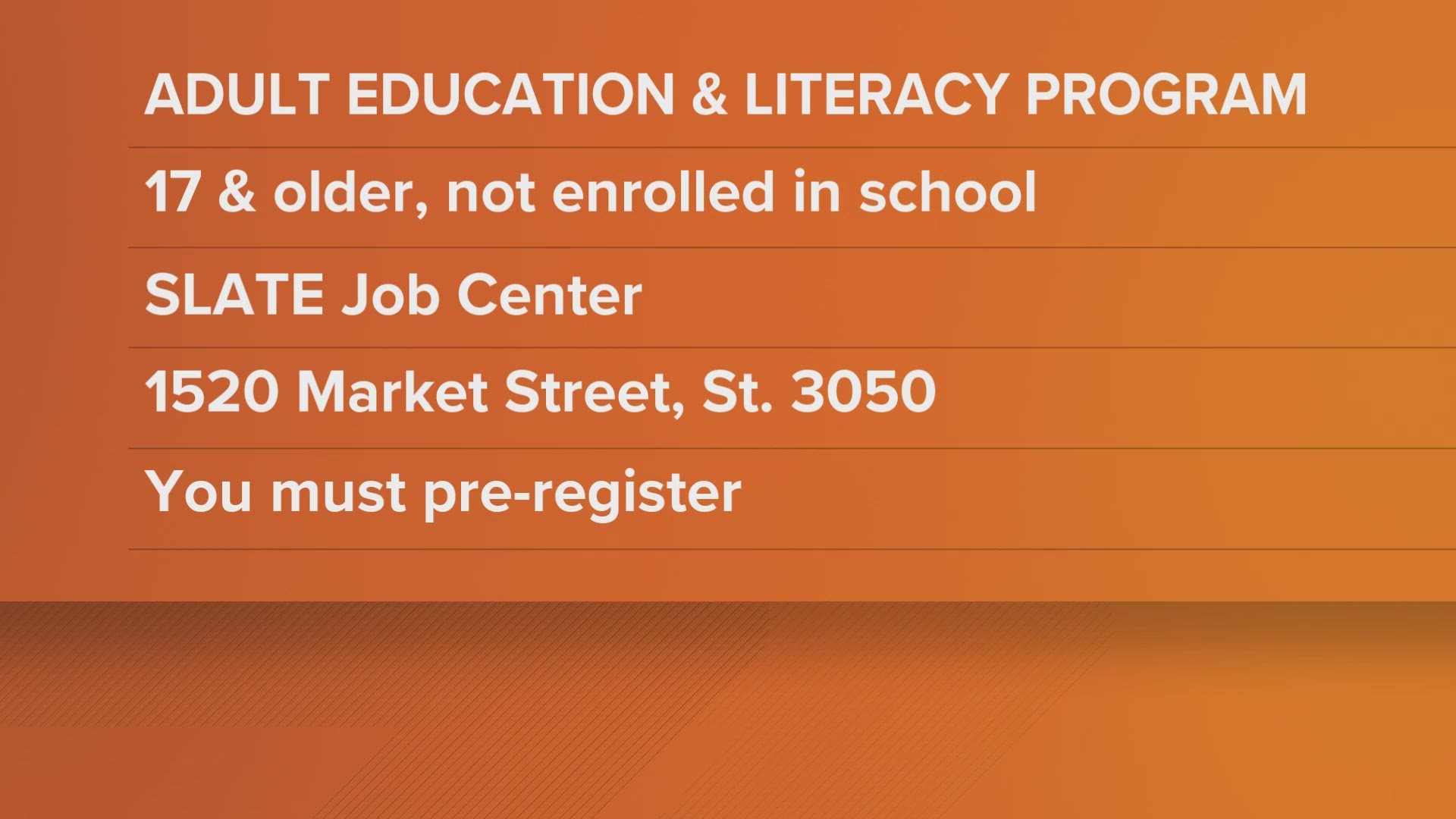Today, well over half of all college graduates incurs student loan debt in pursuing their degrees. Although seniors may learn a lot, they may not know their monthly payments. According to a new survey conducted by Barnes and Noble College Insights on behalf of College Ave Student Loans, 35% of college seniors are unsure as to what their monthly student loan payments will be.
According to studentloanhero.com, the average student loan debt for 2016 college graduates was over $37,000. Such a debt holds you back in life unless you learn how to manage it wisely. Jocelyn Paonita, founder of The Scholarship System, notes that recent graduates "have to put their money to this large loan payment rather than being able to put it to other opportunities that can build their wealth in the long term...I think it's a huge challenge for students and graduates."
While the College Insights survey found that many college students were not sure what their student loan payments would be, students were generally good at estimating debt information. Median estimates of student loan debt at graduation were between $30,000 and $40,000. Most seniors had done enough groundwork to know their expected salary, with 49% expecting their starting salary to be over $35,000 annually. If anything, this may be a slightly conservative estimate, with average (not median) starting salaries just under $50,000.
It's important to start budgeting now to be able to effectively manage your student loan debt and avoid long-term effects on your wealth. The first step is to estimate your likely income properly, as well as your regular monthly expenses – such as student loan payments.
Start with a conservative assumption on budgeting, and lay out a full budget for your first year after graduation. Use a conservative estimate for your starting salary, and unless you already have a job lined up, run some scenarios to find out how long you can handle being without a job after graduation. Check the terms of your student loan for options on grace periods, deferment/forgiveness programs, and alternate income-based repayment plans. Budgeting for both an average outcome and a worst-case scenario provides confidence that you can handle whatever your post-graduate life brings – and the motivation to avoid worst cases.
When you do get out on your own, don't forget that budgeting help is still available. Adam Carroll, Founder and Chief Education Officer of National Financial Educators, advises: "If you're not fully educated in your options...just take a step back...There's plenty of information out there online about all the products and programs that are offered and the variety of tools that you can use to either pay your loans off faster or minimize the amount of interest you're paying over the life of the loan."
Don’t forget to check your credit score, which can help determine your ability to refinance. You can check your credit score and read your credit report for free within minutes using Credit Manager by MoneyTips. Find out quickly at what rate you can refinance your student loan.
Several online student loan repayment calculators are available to help you estimate your monthly payment. For help calculating repayments under alternative student loan repayment plans, check the Student Loan Website sponsored by the U.S Department of Education.
Do some research and don't be afraid to consult with financial experts for help if you are having difficulty with your own financial planning and budgeting. You may have learned a lot in college, but remember that life is a perpetual learning process.
This article was provided by our partners at moneytips.com.
To Read More From MoneyTips:
Photo ©iStockphoto.com/fotosipsak


